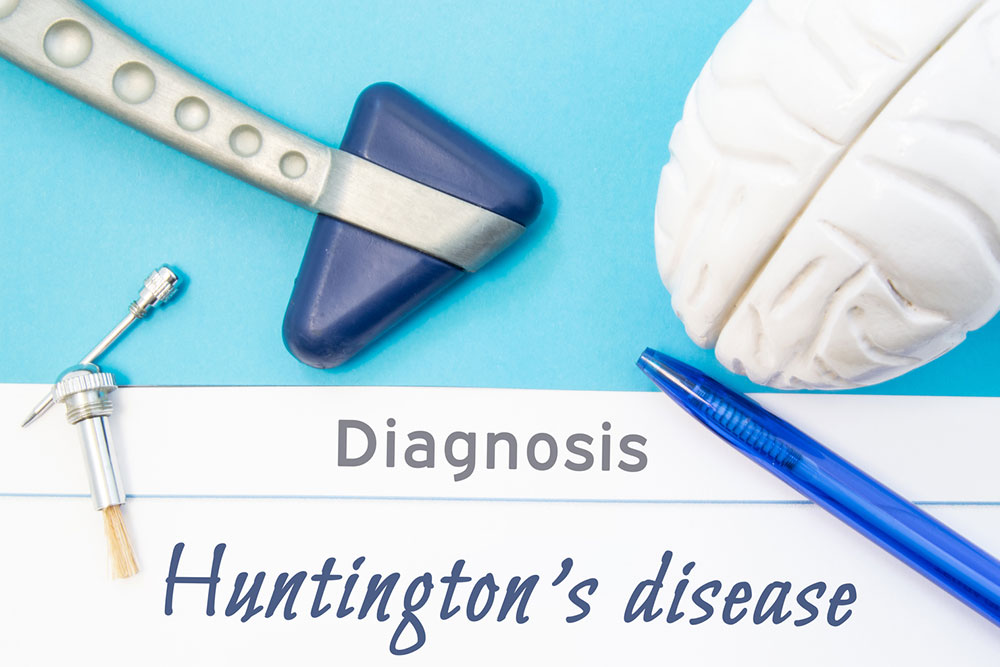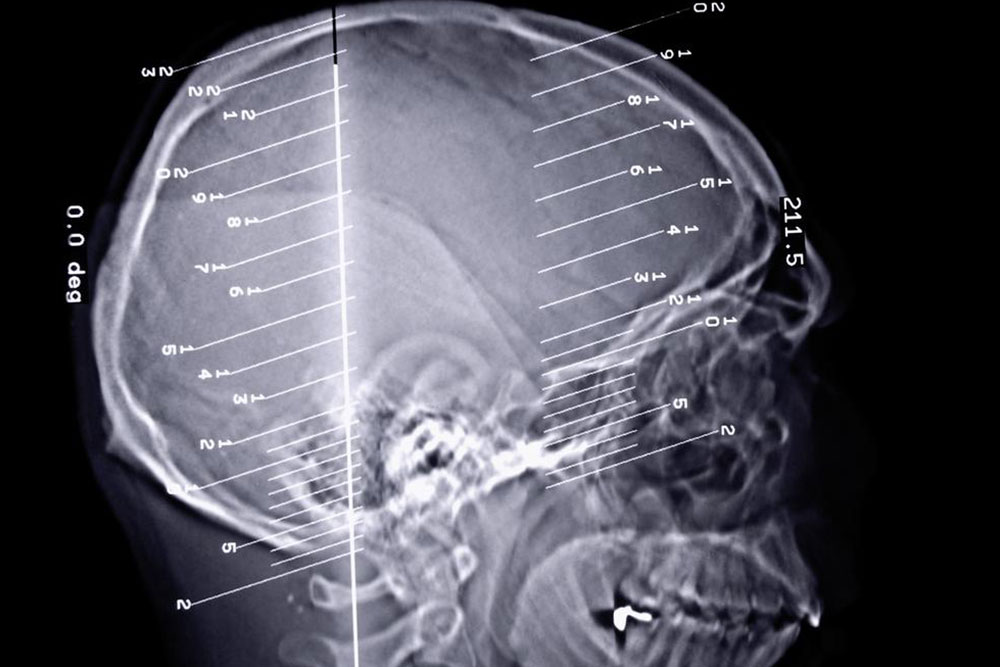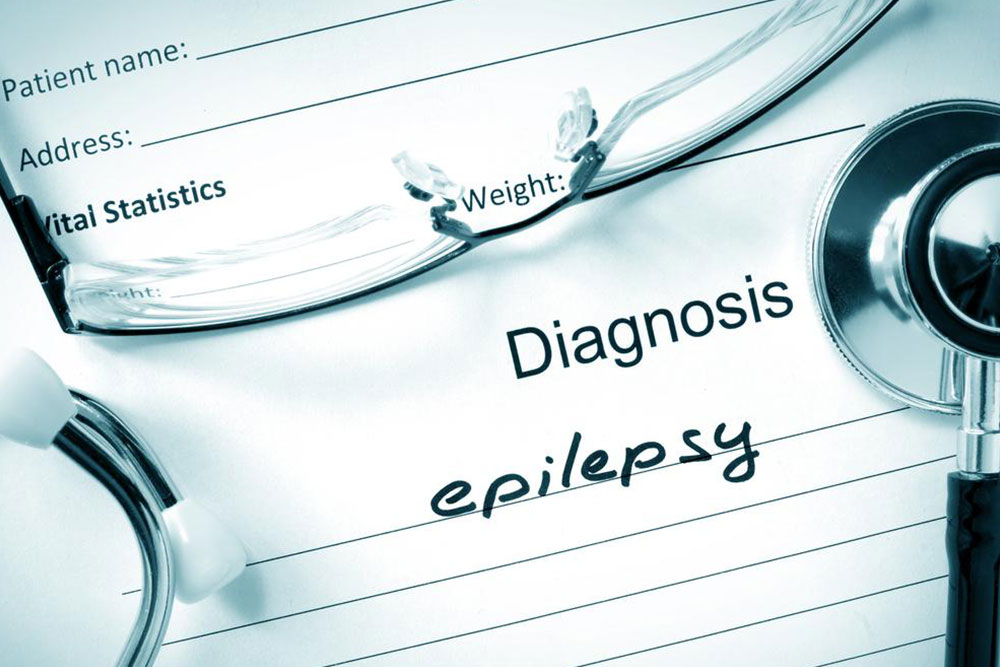Understanding the Key Indicators and Manifestations of Huntington's Disease
Huntington's disease is a progressive neurological disorder affecting movement, cognition, and mental health. Symptoms vary by age but include involuntary movements, cognitive decline, and psychiatric issues. Effective management involves medication, therapies, and social support to improve patients’ quality of life. Early detection and comprehensive care are essential for coping with this devastating condition.

Understanding the Indicators and Manifestations of Huntington's Disease
Huntington's disease is a complex neurological condition affecting both the body and mind. It involves gradual deterioration of nerve cells in the brain, leading to diverse symptoms that impact physical, cognitive, and emotional health.
Typically emerging in individuals aged 30 to 40, Huntington's disease can also develop in children and older adults. When symptoms appear before age 20, it is classified as juvenile Huntington's. The disease gradually destroys brain cells over 10 to 25 years, affecting movement, thoughts, and feelings.
The presentation of Huntington's symptoms varies widely, often worsening under stress or emotional upheaval. Early signs like unusual movements are noticeable, and ongoing weight loss is common. Advances in medicine help manage symptoms, but the neurodegenerative process continues despite treatment.
Types of Symptoms
Huntington's manifests through movement issues, cognitive decline, and psychiatric challenges.
Some symptoms are more severe and can impair daily functioning significantly.
Motor Symptoms
Involuntary movements and muscle impairments characterize Huntington's, including:
Jerking or writhing involuntary movements (chorea)
Muscle rigidity or contractions (dystonia)
Abnormal eye movements or slow tracking
Balance, gait, and posture problems
Speech or swallowing difficulties
Over time, these symptoms can hinder routine tasks like drinking water or personal care.
Cognitive Challenges
Cognitive impairment in Huntington's may involve:
Difficulty organizing activities or focusing
Impulsivity, emotional outbursts, and increased libido
Lack of self-awareness about behaviors
Problems in learning and memory retention
Such challenges can lead to emotional strain and impact relationships. As the disease progresses, walking and speaking without assistance become impossible, with patients often noticing their loved ones' presence.
Psychiatric Symptoms
Depression is a prevalent psychiatric issue in Huntington’s, stemming from brain damage rather than just emotional reaction. Common mental health issues include:
Irritability, sadness, or apathy
Social withdrawal and stress
Insomnia
Persistent fatigue and low energy
Thoughts of death or suicide are common in advanced stages. Other psychiatric conditions may include:
OCD: Intrusive thoughts and repetitive behaviors
Mania: Elevated mood, impulsivity, hyperactivity
Bipolar Disorder: Alternating episodes of depression and mania
Juvenile Huntington's Disease Symptoms
In young individuals, symptoms often appear earlier and differ slightly:
Loss of learned skills and academic abilities
Rapid decline in performance and behavioral shifts
Muscle rigidity, tremors, and involuntary jerks
Seizures and fever
Managing Huntington’s involves collaborative support, medication, and therapies such as speech, occupational, and physical therapy. Regular exercise and social engagement can improve quality of life and reduce muscle rigidity. Group therapy and peer support provide valuable insights and emotional relief as patients navigate the disorder.










